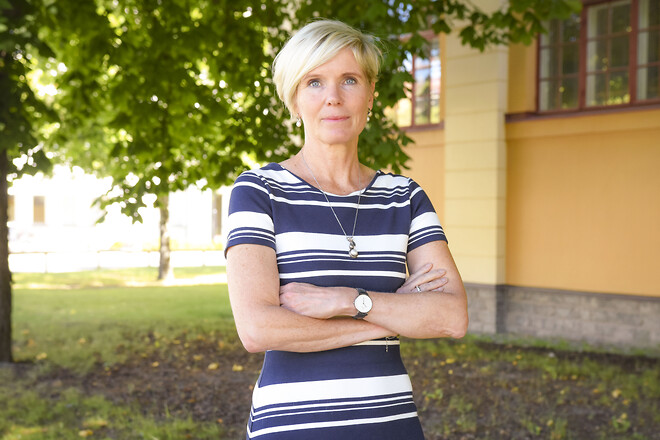Krönika: Can regulators keep up with innovation?
Regulators in EU have developed tools to stimulate research and development where the medical need is high. Examples of such initiatives are PRIME designation with possibilities of repeated scientific advice from the agencies, clinical protocol assessments, special support to SME including fee reduction. Orphan drug regulation is not a new regulation but has gained increased interest over the last 5-10 years and just looking at the last few years about 20% of the approvals have been orphan products. The orphan regulation was developed to stimulate research also in rare diseases and has been successful from that perspective. This is of course positive, since new effective treatments are available to patients for whom the medical need is high.
By direction from the government, the Medical Products Agency in Sweden is committed to support researchers with the tools available to the agency. They offer scientific and regulatory advice to guide development of medicinal product, about 200 advices per year, and provide education especially around new legislation such as the new MT-regulation. Although very important, these activities have to be balanced versus the role as an independent and reliable government agency that will later assess and approve the same drug products
This positive scientific progress leads to new regulatory challenges and subsequent development of new legislation and guidelines. One challenge for regulators is that the underlying data is limited making the risk-benefit decision difficult. In this context, ”real world evidence” obtained after the product has been placed on the market is of great importance and may be a subject for another blog.
Regulators are open to early dialogues with industry which will help both parties making science-based decisions. Regulatory agencies create opportunities in the innovation process and companies are wise to use these. But, do not forget that innovation and development is driven by researchers in academia and industry, and not by regulators.
Marie Gårdmark, PhD, CEO, Senior Consultant RegSmart Life Science.
